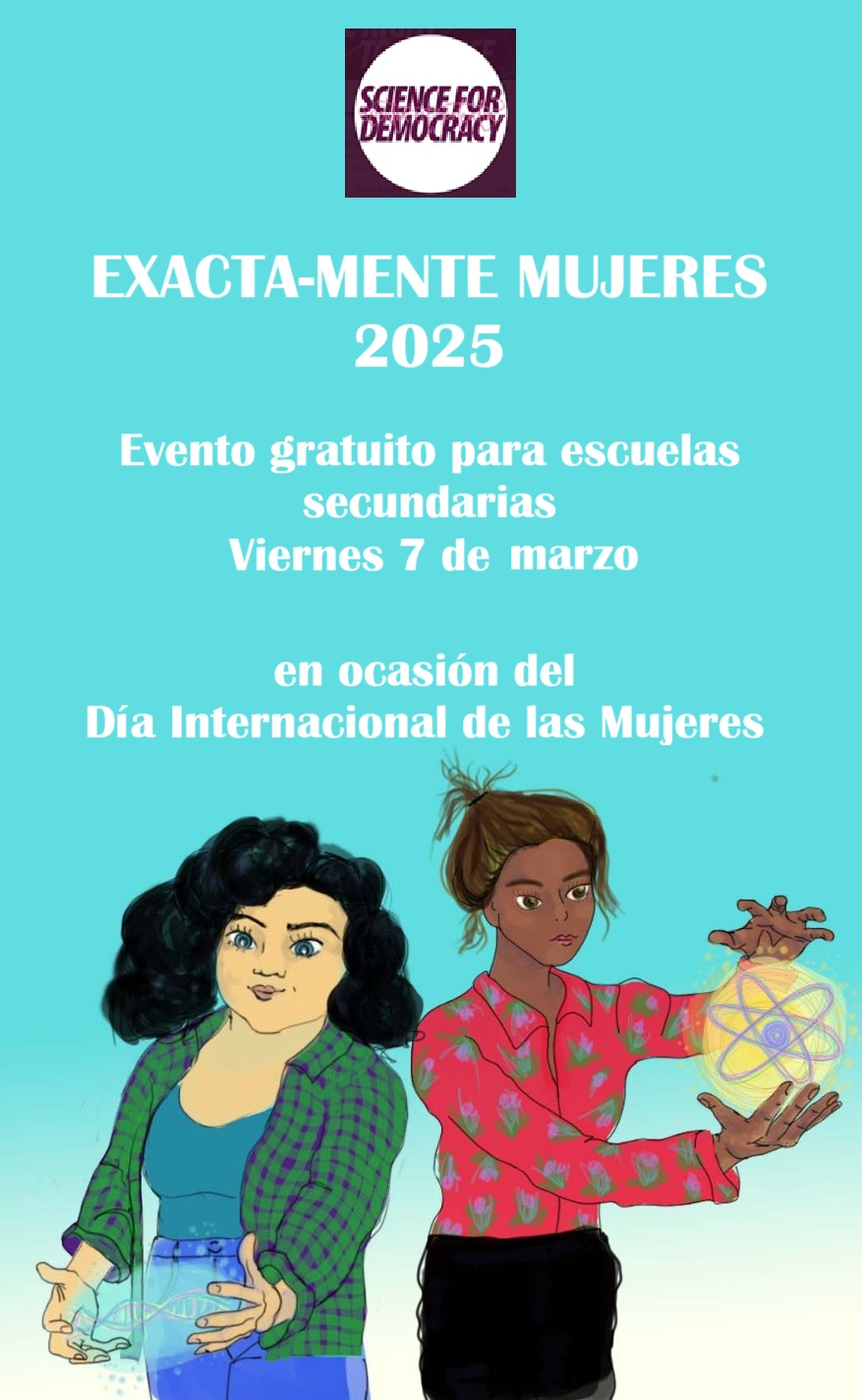
One of Science for Democracy’s key activities is writing and submitting parallel reports to the United Nations. By submitting these reports, civil society organizations ensure that UN treaty bodies are aware of vital human rights issues and can make recommendations to States to rectify violations and protect human rights. In this way, SfD can take an active role in holding States accountable to their legally mandated human rights obligations.
In the past year, SfD and the International Human Rights Center (IHRC) at Loyola Law School have submitted three reports and one legal brief to UN treaty bodies on various reproductive rights issues.
In August 2024, SfD and the IHRC submitted an amicus curiae brief to the Human Rights Committee in the case Center for Reproductive Rights and Centro de Derechos de la Mujer (on behalf of Fausia) v. Honduras. At the request of the Committee, the brief addressed the effects of sexual violence on the victim’s family, including transgenerational harm on children born of rape and their victim status. The brief detailed the marginalization, suffering, disruption of family ties, and damage to family life that affects not only the victim but their loved ones as well. The brief urged the committee to adopt policies allowing victims of rape to obtain abortions as well as making gender-sensitive and trauma-informed resources available to support victims and their family members.
In March 2025, members of SfD and the IHRC travelled to Geneva to present a parallel report on Burkina Faso to the Human Rights Committee. The report focused on the continuing practice of female genital mutilation (FGM) in the country and throughout Western Africa. The report found that Burkina Faso’s refusal to engage in regional cooperation and criminalize FGM violates Articles 2, 3, 6.1, 7, and 24.1 of the International Covenant on Civil and Political Rights. The presentation highlighted the traditional, patriarchal attitudes supporting FGM and how families struggling with poverty turn to FGM to secure what they perceive as a better future for themselves and their daughters through marriage. The report and presentation recommended criminalizing cross-border FGM and providing comprehensive resources to those displaced by terrorist violence, so they do not fall victim to FGM.
In April 2025, SfD and the IHRC presented a parallel report on Turkmenistan to the Committee against Torture. The report focused on the country’s criminalization of abortion, limited access to family planning and contraceptives, and the violation of rights through virginity testing in schools. The report found violations of Articles 1, 2.1, and 4 of the Convention against Torture. The presentation highlighted the repercussions of abortion criminalization, including women attempting their own unsafe abortions and an increasing rate of teenage pregnancy. The report recommends repealing the law criminalizing abortion and taking steps to educate young women about their sexual and reproductive health and bodily autonomy. In May, the Committee against Torture issued their concluding observations for Turkmenistan, and included the concerns and recommendations raised in the parallel report on violence against women and girls and abortion.
In May 2025, SfD and the IHRC submitted a parallel report for Germany’s seventh periodic review under the International Covenant on Economic, Social and Cultural Rights. The report examines Germany’s shortcomings in compliance with its obligations under Articles 3, 12, and 15 of the Covenant, with a focus on sexual and reproductive rights. The report highlights significant concerns, including the criminalization of abortion, burdensome procedural requirements, and discriminatory restrictions within Assisted Reproductive Technology regulations. It urges Germany to align its laws and practices with international human rights standards, ensuring equitable and ethical access to reproductive healthcare for all individuals, including unmarried persons, LGBTQ+ couples, and those facing infertility. It also calls for a review of the Embryo Protection Act and the decriminalization of abortion.
Through these and other reports, Science for Democracy continues to advocate for and champion women’s reproductive rights all over the world.


